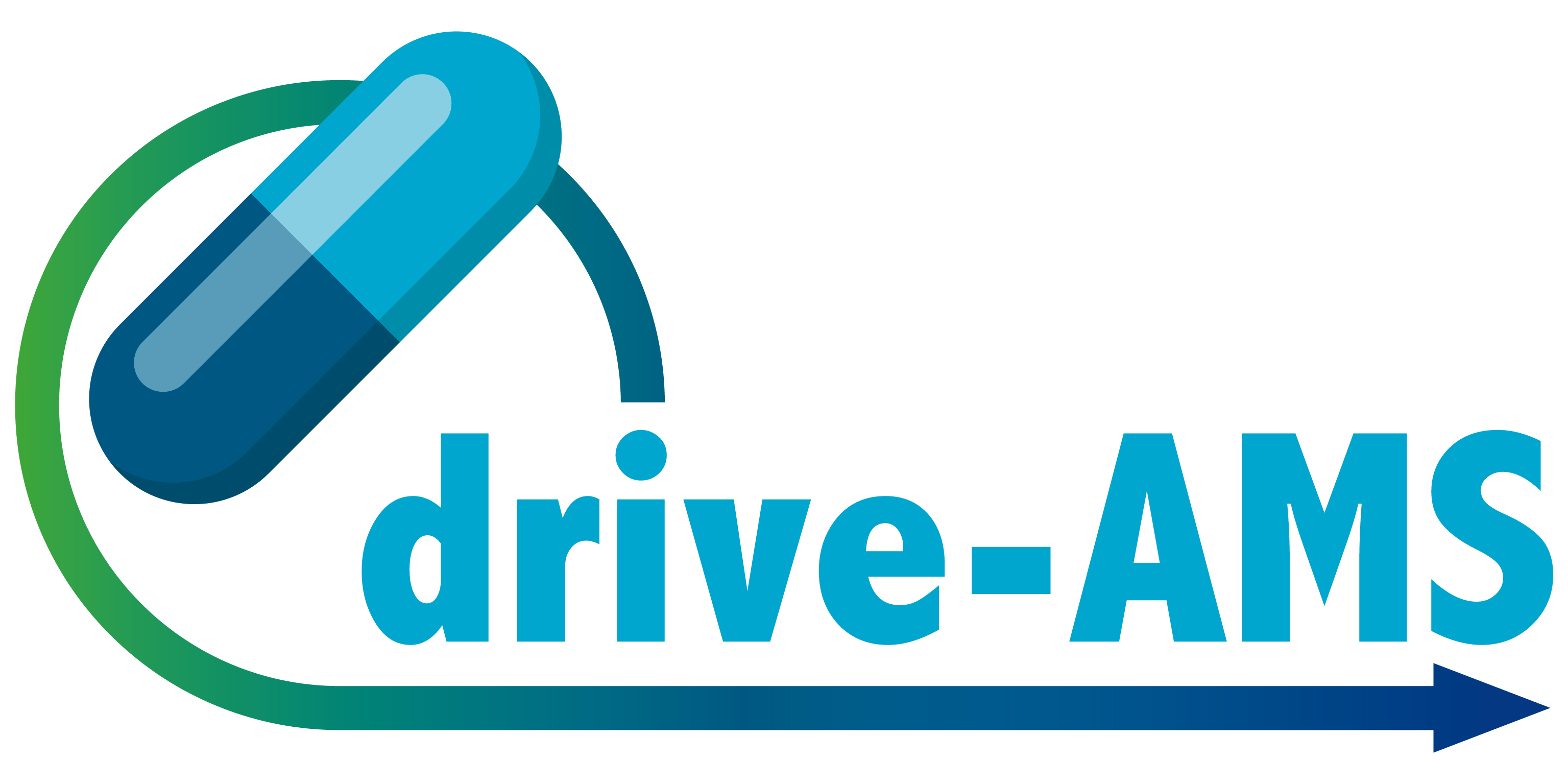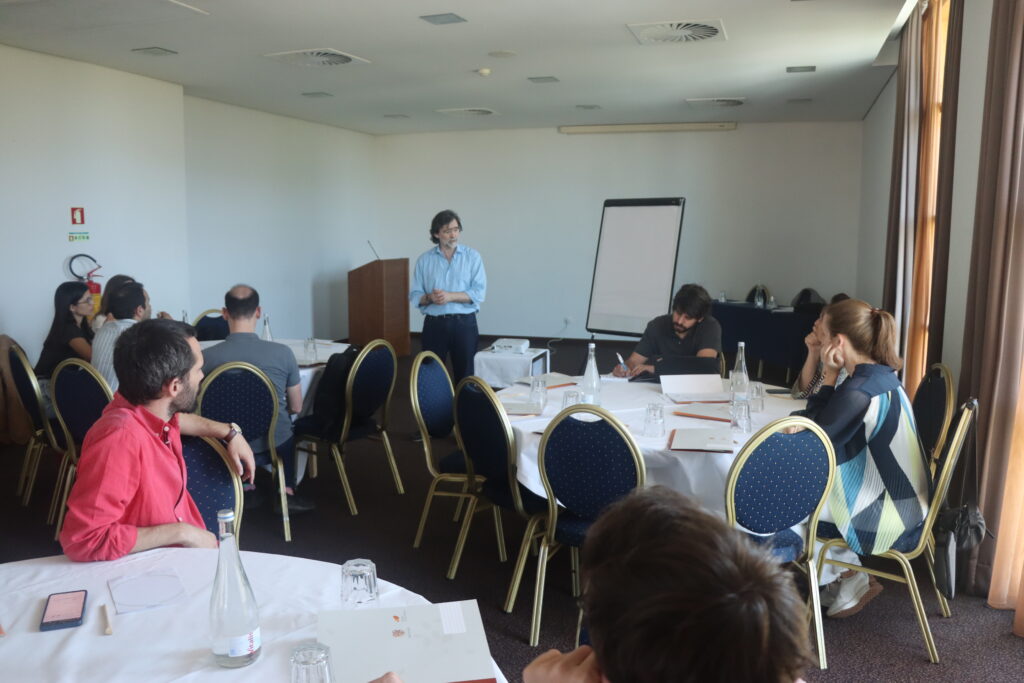The gathering provided a space for institutional leaders to reflect on the program’s progress, share experiences, and identify common challenges in implementing antimicrobial stewardship (AMS) at the local level. In open and constructive discussions with the national coordination team, participants explored solutions and outlined next steps to further embed behavioral change in clinical practice.
As Dr. José Artur Paiva, national lead of the program and Director of the Intensive Care Unit at ULS São João, explained:
“This course continues to demonstrate the project’s success across participating institutions in Portugal. Hospitals have made significant efforts to promote behavioral change. We’re not just aiming to change prescriptions—we’re working to change prescribers. By implementing a slower, more sustainable cycle of behavioral change, reviewing and improving prescribing practices becomes a purposeful, not endless, process.”
Building on the leadership meeting, a Follow-Up Training of Trainers Course was held on May 22nd. It brought together participants from the eight hospitals that took part in the January training. This session focused on deepening understanding of prescription quality indicators and refining methodologies to assess both prescriber behaviors and the drivers behind prescription choices.
These events underscore the commitment of the Portuguese drive-AMS team—led by ULS São João—to promoting effective antimicrobial use. Its goal is crystal clear: to implement robust, sustainable AMS policies that are driven by evidence and grounded in behavioral science.
The following two days will focus on internal consortium discussions around evaluation, sustainability, future funding, and impact reporting. More information, including registration details for the public event, will be shared in the coming months.

